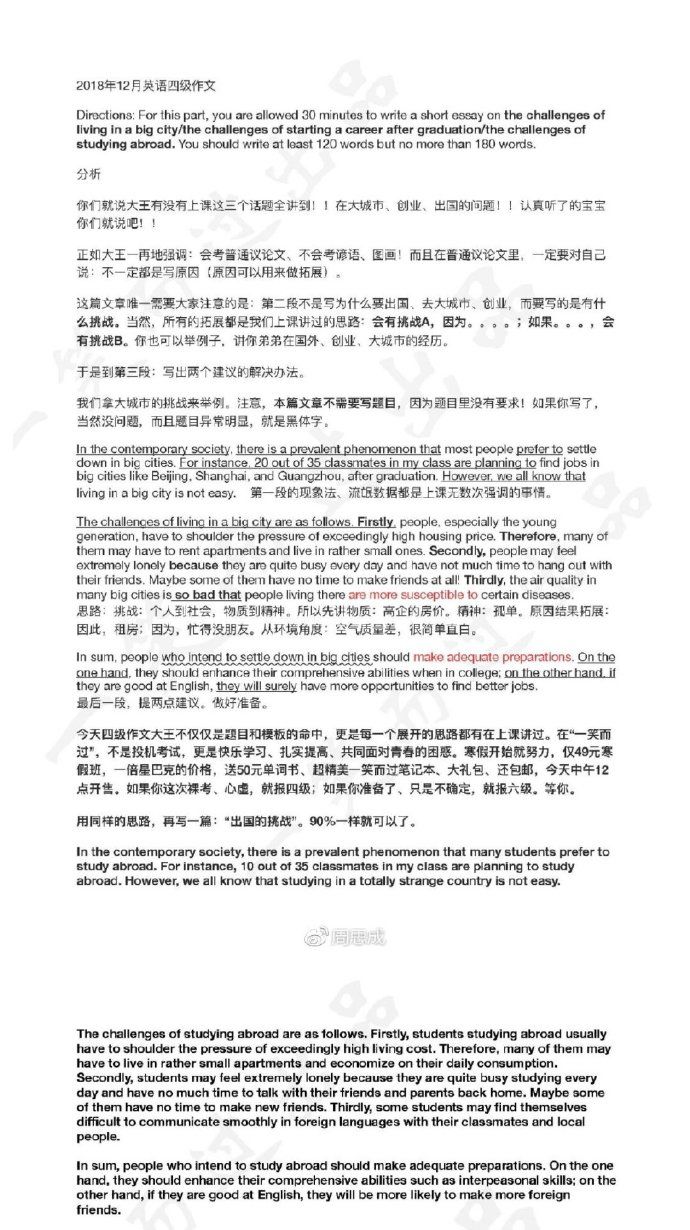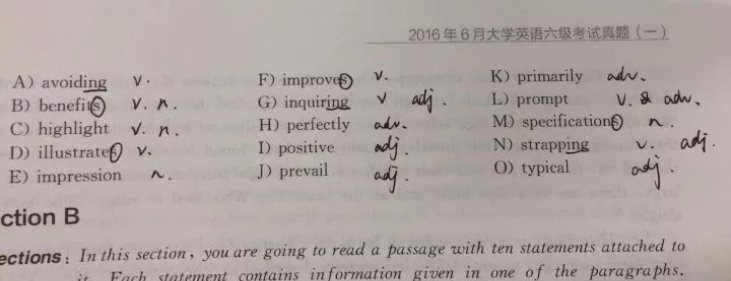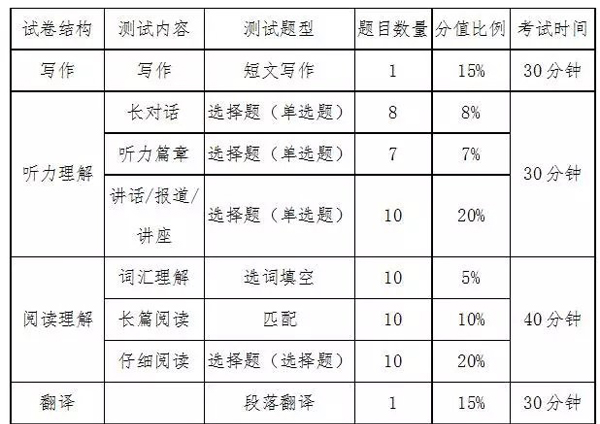Nation urges more say in global finance
|
Four of the largest developing nations called for emerging economies to have a bigger say in the global financial system as G20 finance ministers vowed to combat the worst downturn since the 1930s. Brazil, Russia, India and China, or BRIC, said in a statement on Saturday: "We call for urgent action with regards to voice and representation in the International Monetary Fund (IMF) in order that they better reflect their real economic weights." They also wanted the representation reform of the World Bank, scheduled to be completed by April 2010, to be speeded up. "More balanced, proactive, coordinated and countercyclical" economic policies are needed to promote global economic recovery, the statement said. Finance Minister Xie Xuren called for joint efforts from the international community to accelerate the reform of international financial institutions and build a new global financial system, which is "fair and square, compatible and orderly". "At a global level, the voice of emerging and developing economies in the international financial system should be increased and trade and financial protectionism should be prevented," Xie said. The BRIC countries are taking measures to promote domestic demand and will continue to do so, the statement said, adding that protectionism should be jointly tackled. The statement was released at Horsham in southern England at the G20 meeting of finance ministers and central bank governors, before their nations' leaders meet at the G20 summit in London on April 2. Currently, developed economies dominate international institutions. For example, the voting rights of BRIC countries in the IMF are 9.62 percent of the total, which accounts for about half of the voting rights the US holds. According to the schedule set at the weekend meeting, the next review of IMF quotas should be concluded by January 2011. "China and other countries such as Saudi Arabia should be encouraged to actively increase IMF resources and the voting rights structure should be reformed," Uri Dadush a senior associate with the US think-tank Carnegie Endowment, told China Daily last week. At the weekend meeting, ministers from the world's largest economies also pledged to regulate hedge funds and start closer checks on credit ratings agencies to prevent a repeat of a financial market crisis that is crippling businesses and putting millions out of work. "We are committed to deliver the scale of sustained effort necessary to restore growth," the ministers said in a statement promising extra money for the IMF and regional lenders such as the Asian Development Bank. No figure was released but one official attending the talks told Reuters they centered on more than doubling the $250 billion currently at the IMF's disposal to help countries hit by a halt to credit and investment. Separately, British Prime Minister Gordon Brown, who will host the summit of G20 leaders on April 2, said "massive change" was about to take place in financial market regulation, notably supervision of hedge funds. The G20 accounts for over 80 percent of the world's gross domestic product, which is expected to shrink in 2009 by more than any year since the 1930s after the financial crisis that erupted in the United States in 2007 engulfed confidence, activity, trade and jobs worldwide. |








